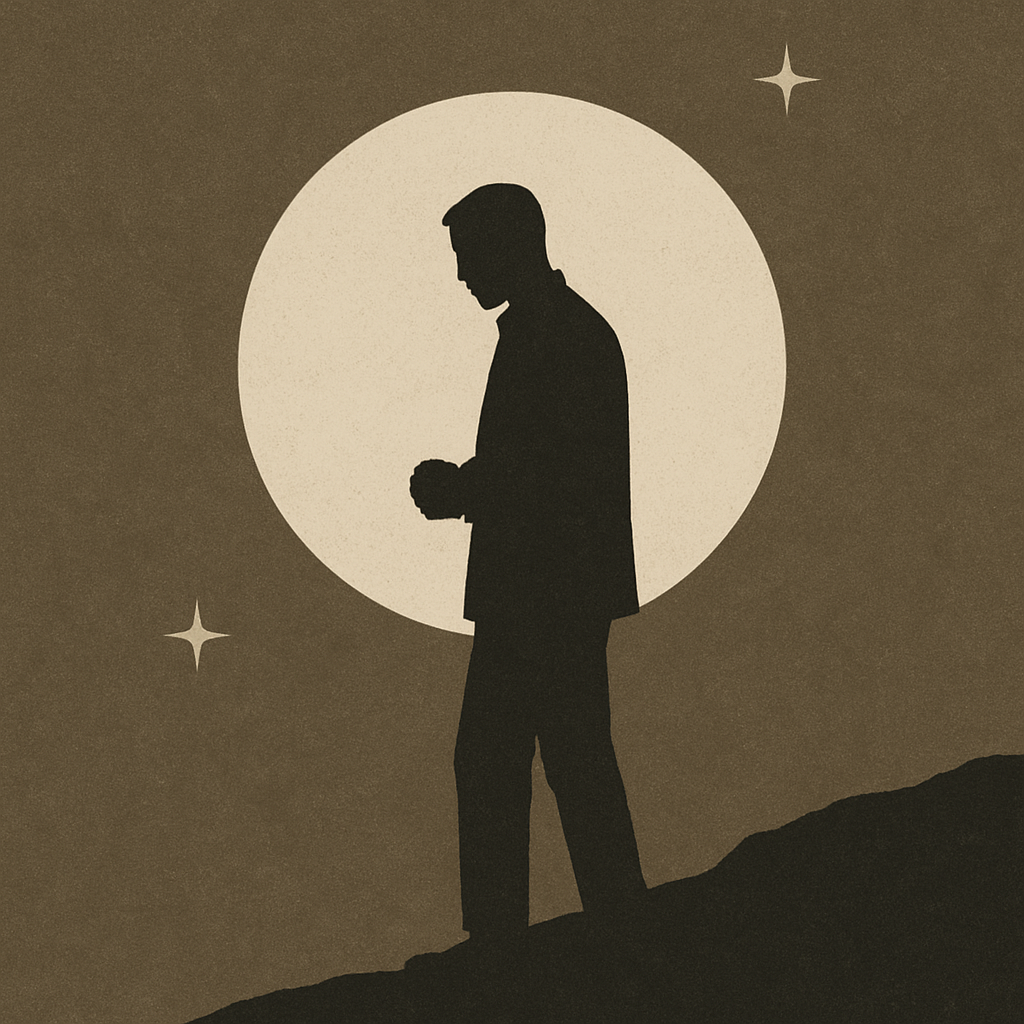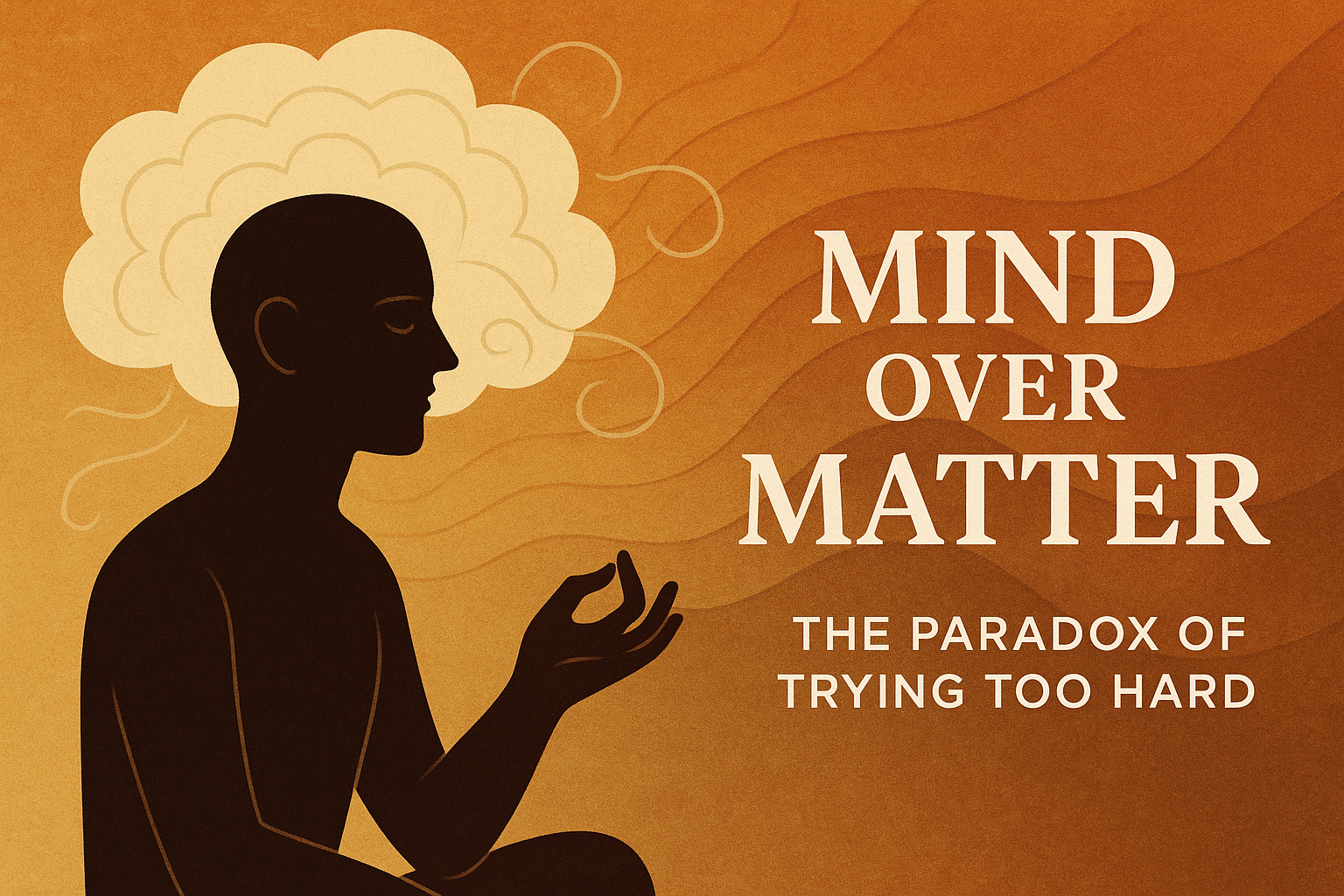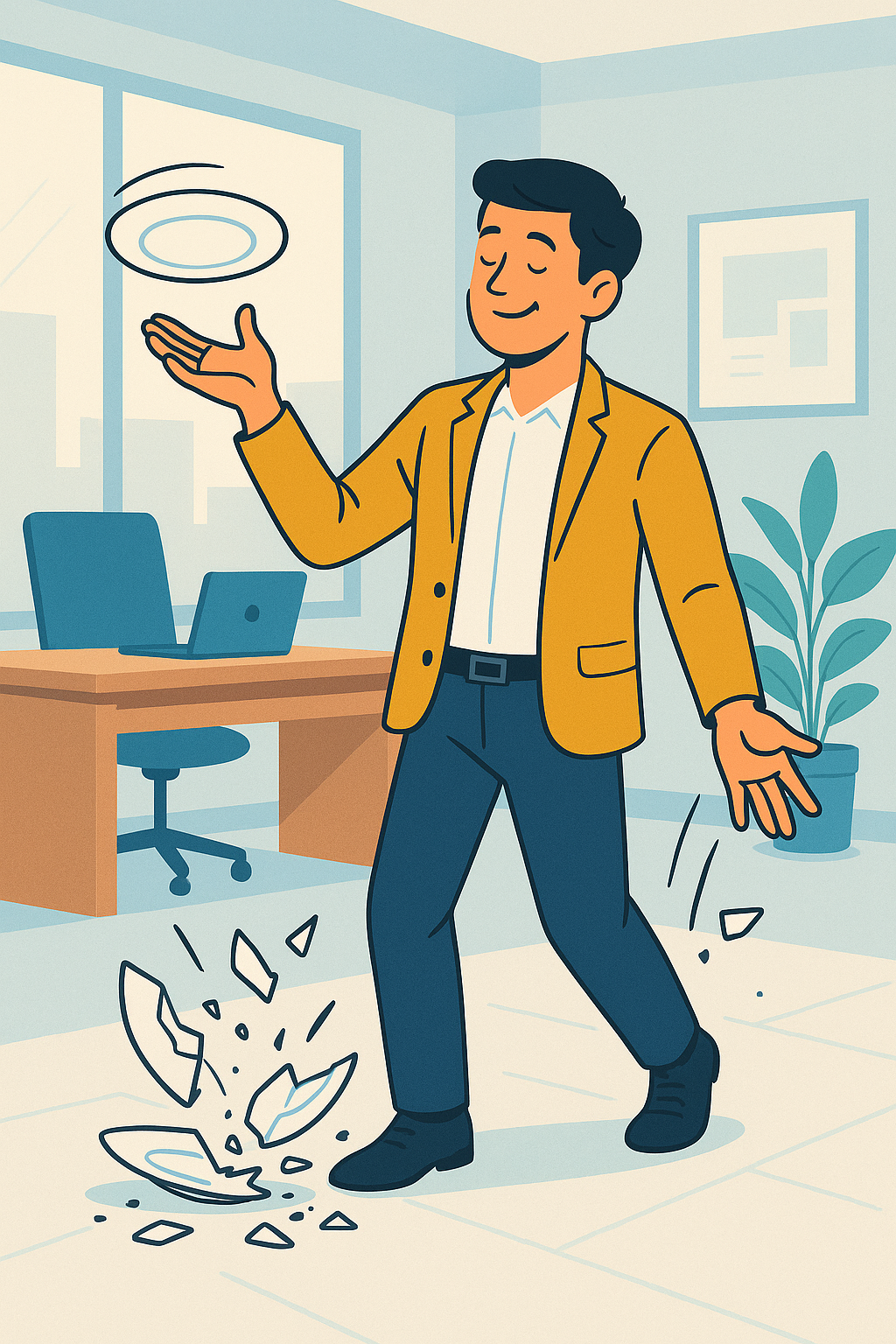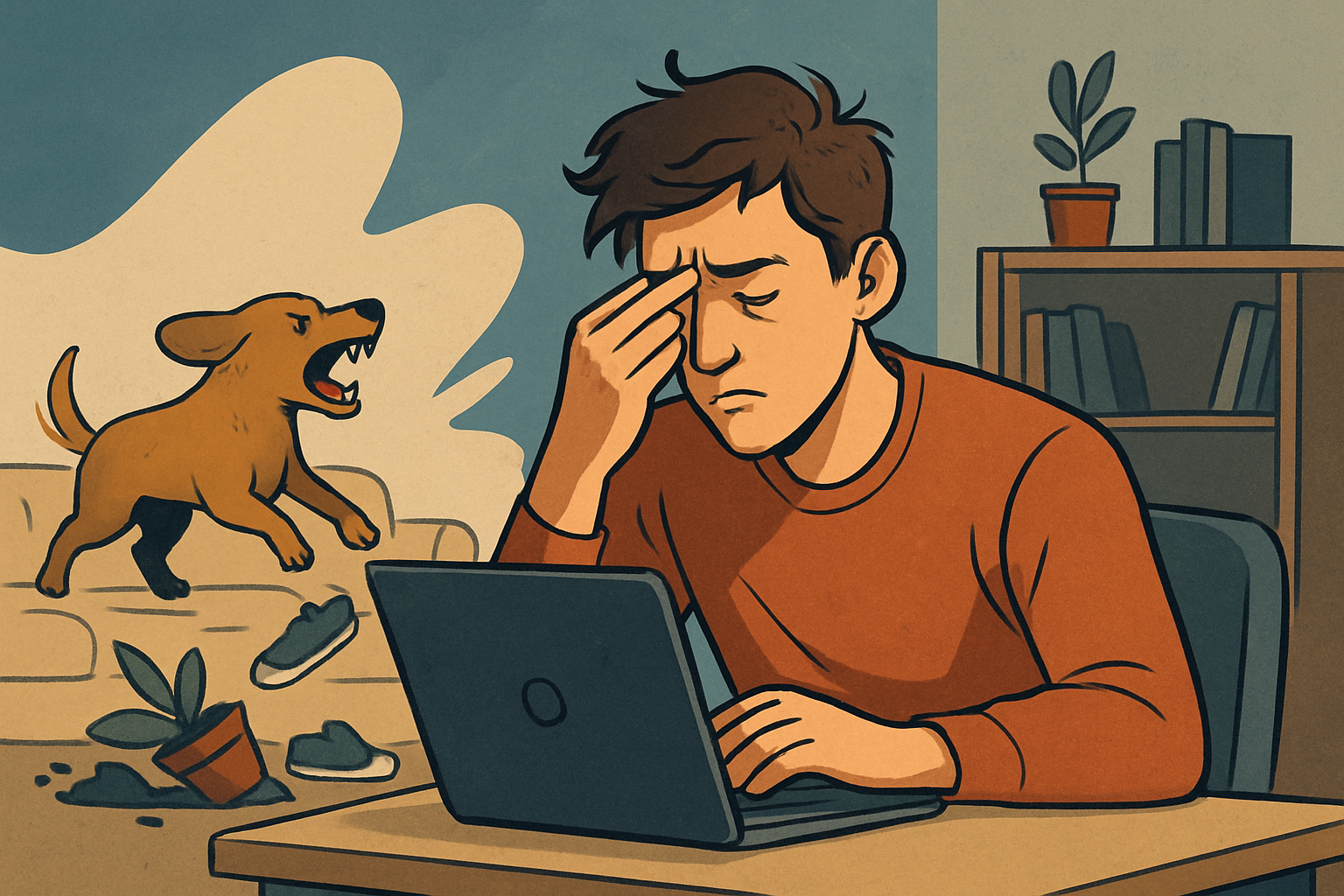Patience
Finding Peace in the Present Moment
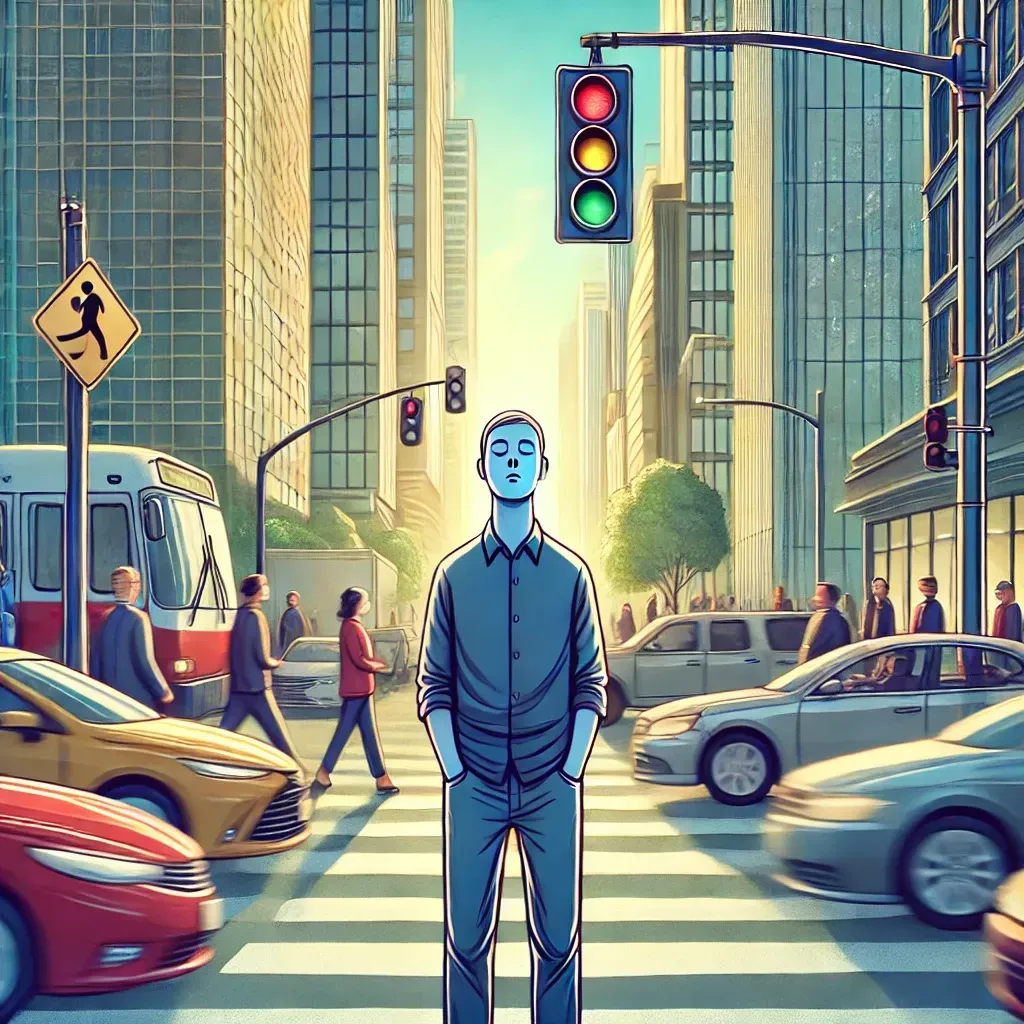
Impatience is something we’ve all felt at some point. Whether we’re stuck in traffic, waiting for a promotion, or eager for personal growth, that nagging feeling of frustration comes when things aren’t happening fast enough. But what if there’s a way to ease that discomfort without speeding up the process? The answer lies in cultivating patience, and one of the most effective paths to patience is learning to be fully present in the moment.
Patience is not just the ability to wait—it’s the ability to wait without suffering. And the reason we suffer when we’re impatient is because we project our minds into the future, longing for something that hasn’t happened yet. This pulls us out of the present, creating discomfort. The antidote to impatience is presence—fully accepting the moment as it is, knowing that in this very moment, nothing is lacking.
The Roots of Impatience
Impatience comes from our desire for control. We want things to happen on our timeline: we want to meet our goals quickly, solve problems right away, and get immediate results. When life doesn't unfold at the speed we expect, we experience a gap between where we are and where we want to be. This gap creates discomfort.
In these moments, our minds race toward the future, seeking a resolution that isn’t here yet. We become attached to the outcome—focusing on the destination rather than the journey. This is where impatience gains its power. But the present moment offers a way around this discomfort, if we are willing to embrace it.
Patience Through Presence
Patience begins with letting go of the need for everything to be resolved right now. When you slow down and focus on the present, you realize that this moment is enough. Even in discomfort, there is something to be learned, experienced, or felt. The present holds its own richness, and it’s in fully experiencing the now that we find peace, regardless of what the future holds.
Here are a few ways that being present can dissolve impatience:
Observe Rather Than Resist: Impatience often comes from resisting what’s happening right now because we’re too focused on what we want to happen next. Instead of resisting, try to observe the situation. Bring awareness to your feelings of impatience without judging or trying to change them. Notice how your body feels, how your mind races, and simply observe without attachment. By doing this, you step out of the loop of impatience and into a state of acceptance.
For example, if you’re waiting for a delayed train, growing more and more frustrated. Instead of resisting the delay, take a moment to notice the world around you. Feel the breeze, observe the people passing by, or focus on your breathing. This simple act of observing brings you into the present, easing the tension that impatience creates.
Accept the Process: Life is full of processes that require time—growth, healing, and transformation all unfold gradually. Impatience arises when we resist the natural flow of these processes, wanting them to happen faster. But when we shift our focus to being present in each stage of the process, we find that the journey itself is just as valuable as the outcome. Accepting the process is a form of surrender, and with surrender comes peace.
For example, if you’re working toward a personal goal, but progress feels slow. Instead of fixating on the end result, ask yourself: What can I learn from where I am right now? What steps, no matter how small, can you take today? When you focus on the present moment, the pressure to reach the finish line fades, and the journey becomes fulfilling in itself.
Breathe Into the Moment: One of the simplest yet most powerful ways to stay present and dissolve impatience is through your breath. When you find yourself becoming restless or frustrated, bring your attention to your breathing. Feel the air moving in and out of your body, and use this as an anchor to the present moment. By focusing on your breath, you remind yourself that right now is enough.
For example, in moments of impatience, close your eyes and take a few deep breaths. Let each breath remind you that this moment is temporary, and the discomfort will pass. By grounding yourself in your breath, you create space around your impatience, allowing it to soften.
The Beauty of the Present Moment
What makes the present moment so powerful is that it’s where life is truly happening. Right now is all we ever have. The future is uncertain, and the past is gone, but the present moment is where we can connect with peace, no matter what’s happening around us. Patience comes when we accept the present, without needing to rush or control what comes next.
By practicing presence, we learn that every moment has its own value, and even in moments of waiting, we can find beauty. The next time you feel impatience creeping in, try to come back to the present, observe without judgment, and breathe. In doing so, you’ll discover that patience is less about waiting and more about embracing what’s right in front of you.
Patience as a Path to Peace
Patience isn’t about gritting your teeth and enduring—it’s about letting go of the struggle against time. It’s about being present enough to see that, even in moments of discomfort, you are exactly where you need to be. By grounding yourself in the present, you bypass the discomfort that impatience creates and find peace in simply being.
The next time you find yourself growing impatient, remember: the present moment holds everything you need. You don’t need to rush into the future to find what you’re looking for—it’s already here.
Share
